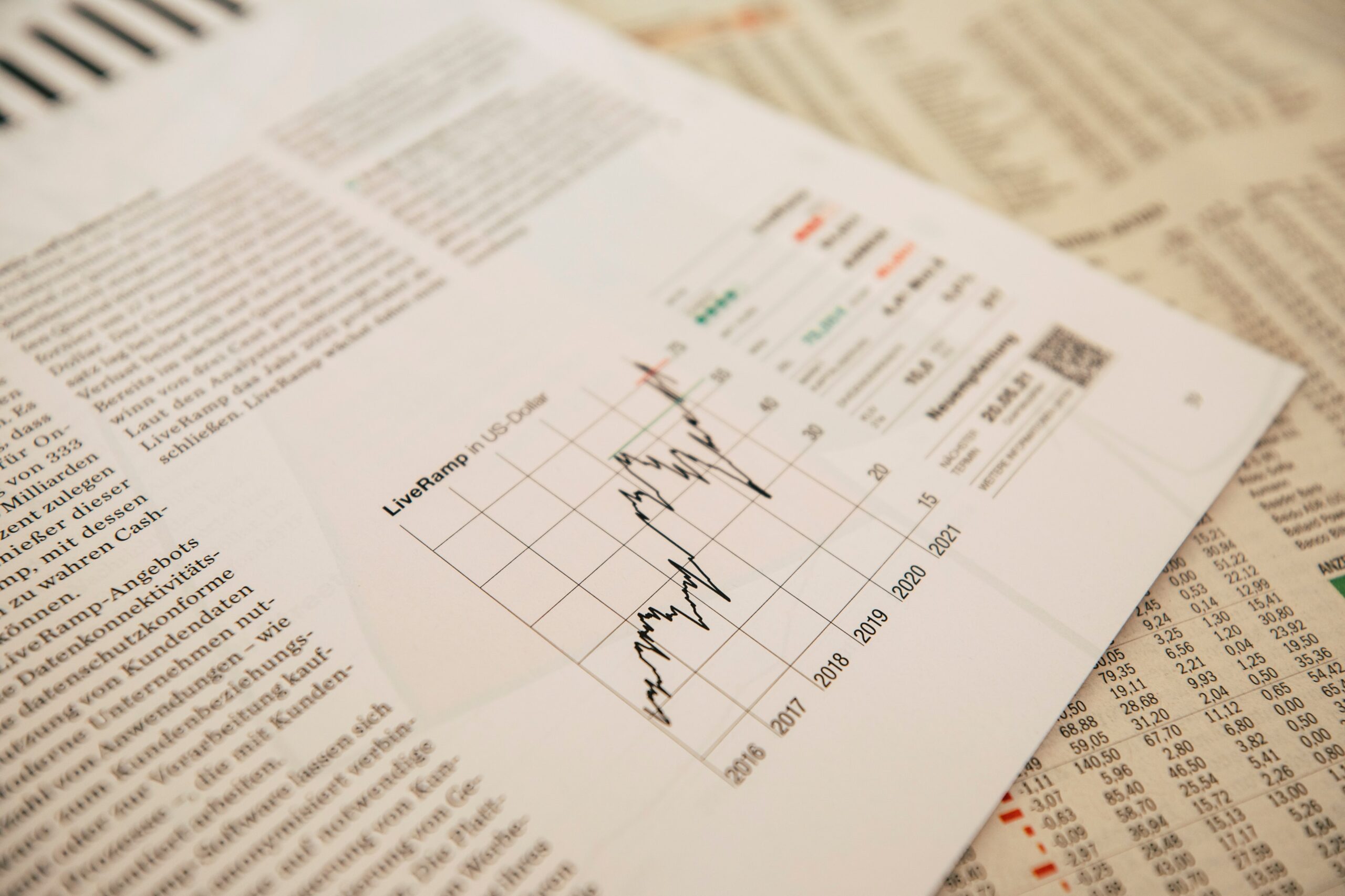I had hoped to have time by now to actually read the splashy new McKinsey report on the potential for energy efficiency measures to slash the national carbon footprint. But I haven’t, so I’m just going to quote from the report’s main finding:
Energy efficiency offers a vast, low-cost energy resource for the U.S. economy – but only if the nation can craft a comprehensive and innovative approach to unlock it. Significant and persistent barriers will need to be addressed at multiple levels to stimulate demand for energy efficiency and manage its delivery across more than 100 million buildings and literally billions of devices. If executed at scale, a holistic approach would yield gross energy savings worth more than $1.2 trillion, well above the $520 billion needed through 2020 for upfront investment in efficiency measures (not including program costs). Such a program is estimated to reduce end-use energy consumption in 2020 by 9.1 quadrillion BTUs, roughly 23 percent of projected demand, potentially abating up to 1.1 gigatons of greenhouse gases annually.
Put in somewhat plainer English, energy efficiency measures could allow the U.S. to meet the entire emissions reduction goal proposed by 2020 under Waxman-Markey, at a net savings to the economy. (The report doesn’t even consider energy savings from transportation, which could of course yield even further reductions.)
Getting there isn’t trivial, though. The report lays out a number of broad barriers to implementation that have so far hampered adoption of energy- and money-saving measures, as well as some potential strategies for pushing through these barriers. Very briefly, these strategies boil down to:
1. Find financing mechanisms that get energy efficiency projects off the ground
2. Remove regulatory roadblocks and coordinate policy at national and regional levels
3. Foster innovation in the development and deployment of new efficiency measures
Energy efficiency is usually presented as a big freebie, a prize that’s just there for the taking. But that’s probably the wrong way to think about this stuff. In a competitive economy, you don’t get to choose to be inefficient. Inefficient enterprises fail. Far from a freebie, energy efficiency is something we’re going to have to get serious about if we want to keep up.
Brought to you by terrapass.com
Featured image







